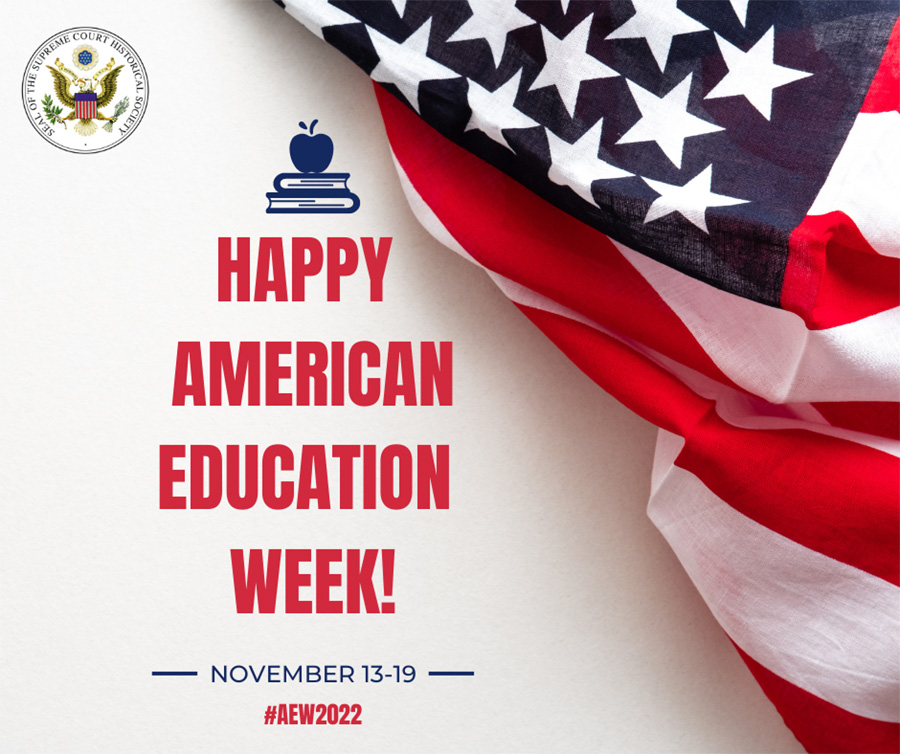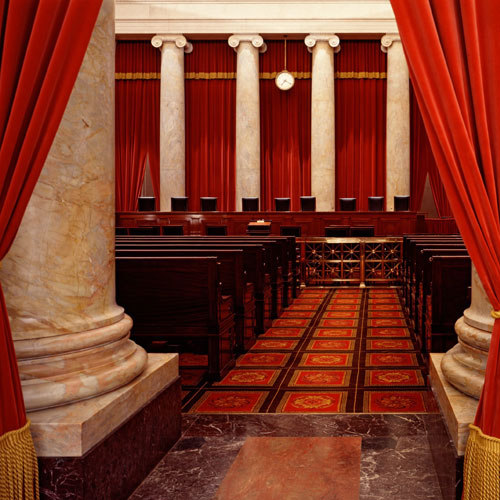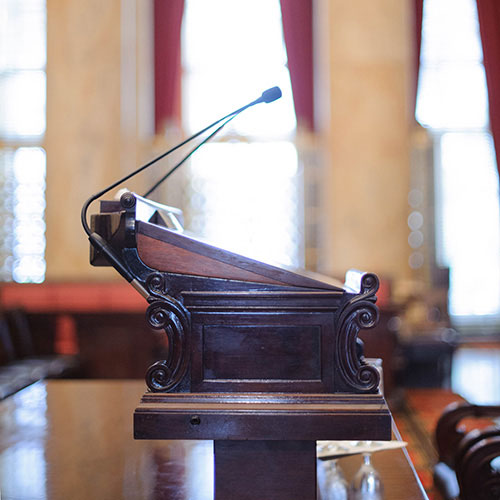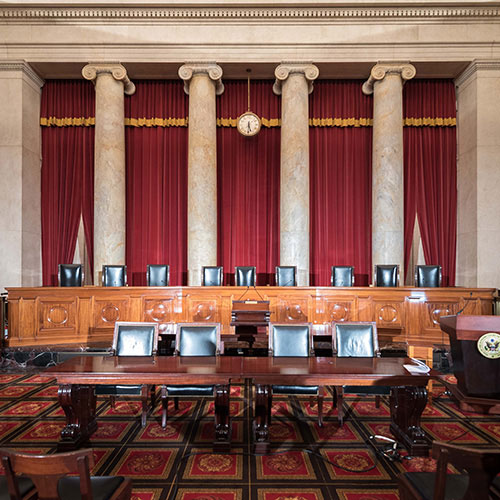
Civic education, like all education, is a continuing enterprise and conversation. Each generation has an obligation to pass on to the next, not only a fully functioning government responsive to the needs of the people, but the tools to understand and improve it.
— Chief Justice John G. Roberts, Jr., 2019
This year marks the 101st celebration of American Education Week! Initially, this endeavor was started by the National Education Association and the American Legion when they discovered that 25% of American World War I draftees were illiterate. Over the years, numerous other organizations have joined the effort. More recently, concerns about civic education have been on the rise due to low levels of civic engagement among young people. There is promising news, however. Young Americans (ages 18-29) have been voting in increasingly higher numbers since 2012, with over half of them voting in 2020. This is an 11 percent increase since 2016.1 Young people are even leading the way in polling categories such as “Expressing public support for candidates via social media” and “Attending political rallies and events”.2
How can we continue to bolster this trend of increased civic engagement? We must continue to invest in and support social studies and civic education programs. According to Guardian of Democracy, “Students who receive high quality civic education that takes an integrative approach to imparting civic knowledge, skills, and dispositions are the most likely to understand political issues, take part in political discussions, engage in their communities to help solve problems, and participate in civic activities.”3 Additionally, increased instructional time in social studies contributes to improved reading ability. On average, students who received an additional 30 minutes of social studies instruction daily outperform students who receive less social studies instructional time on reading assessments.4 Newsela reports that over 50% of a student’s vocabulary comes from their various social studies classes. Social studies and civic education are essential for developing engaged citizens.
The Supreme Court Historical Society is committed to providing both students and teachers opportunities to invest in their social studies and civic education through programs such as The Supreme Court Summer Institute for Teachers and a new program, “The Supreme Court and My Hometown.” This program will bring young people into court houses in their communities to study Supreme Court cases that originated in (or near) their hometowns. It will also offer students the opportunity to understand the process of the federal judicial system by studying a case from its inception to the dissemination of the Supreme Court’s opinion. Armed with their knowledge of the process and case, students will be encouraged to create unique learning experiences for their communities. Look for more information as this exciting program unfolds in the coming months!
2 https://www.pewresearch.org/politics/2018/04/26/10-political-engagement-knowledge-and-the-midterms/
3 Jonathan, Kathleen Hall Jamieson, Peter Levine, Ted McConnell, and David B. Smith, eds. Guardian of Democracy: The Civic Mission of Schools (Leonore Annenberg Public Policy Center at the University of Pennsylvania, 2011). https://www.carnegie.org/publications/guardian-of-democracy-the-civic-mission-of-schools/ Owen, Diana and Alissa Irion-Groth. Teaching Civic Engagement Through Immersive Experience: Students Acquisition of Civic Knowledge, Skills, and Dispositions (Civic Education Research Lab, Georgetown University, September 2022).
4 Adam Tyner and Sarah Kabourek. Social Studies Instruction and Reading Comprehension: Evidence from the Early Childhood Longitudinal Study (Thomas B. Fordham Institute, September 2020). https://fordhaminstitute.org/national/resources/social-studies-instruction-and-reading-comprehension




